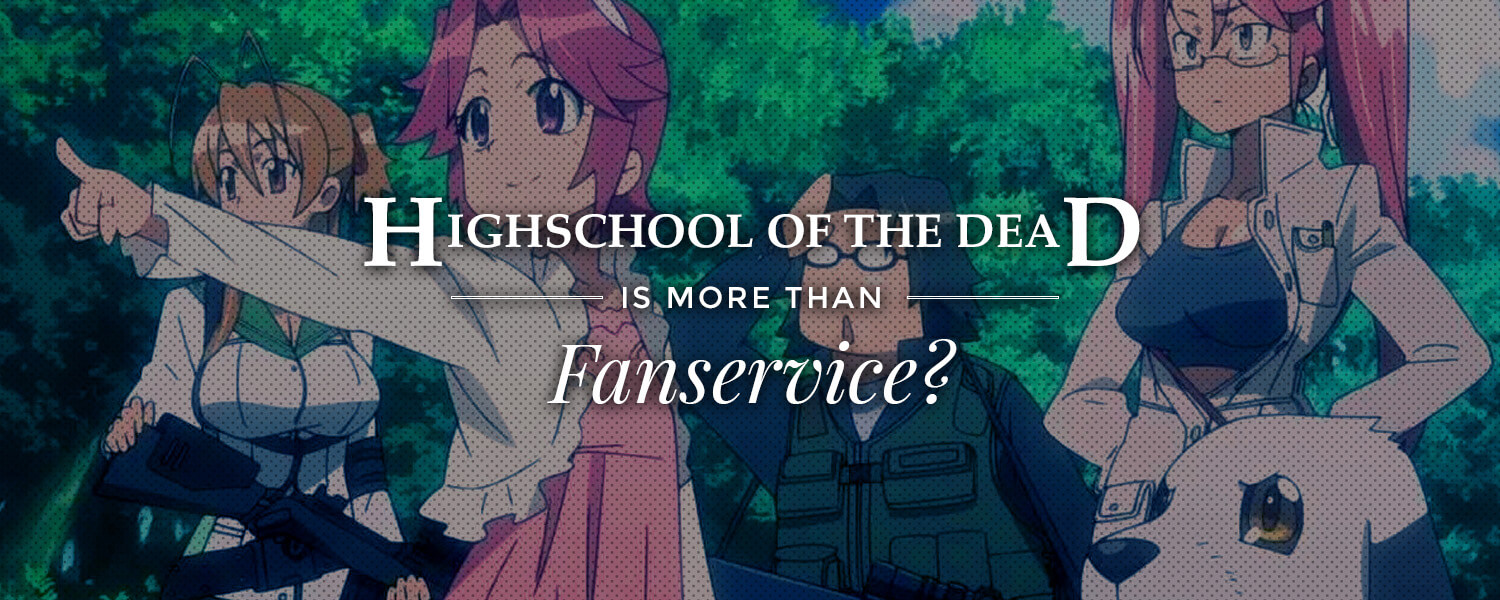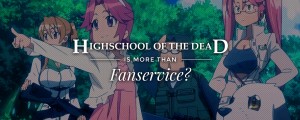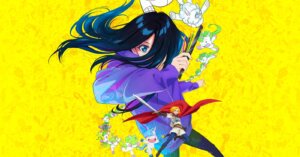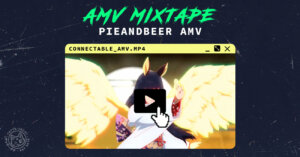[ NOTE ] This article may include spoilers.
Zombies have saturated our screen time in the last 10 years. Since Zack Snyder’s remake of Dawn of The Dead in 2004, we’ve been bombarded with comics (Marvel’s Zombies, The Walking Dead), books (World War Z), video games (Dead Island, Dead Rising), and of course, movies adapted from all these previous works. In Japan, however, the Zombie phenomenon didn’t make such an impact, and there are fewer examples of media based of the undead. Perhaps the most popular work is Highschool of the Dead, a series known for it’s “subtle” panty-shots and “totally necessary for the plot” cleavages. Unfortunately, these aspects made Highschool of the Dead popular for the wrong reasons, as there are many interesting aspects in the series that are worth taking a look at besides swinging boobs.
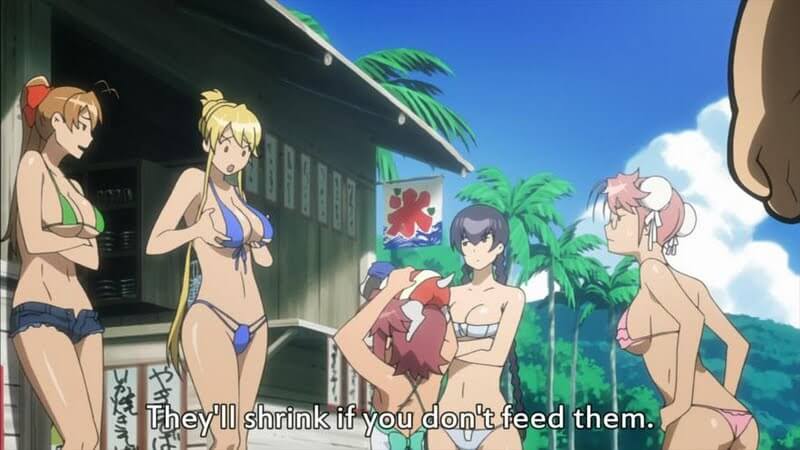
The manga, written by Daisuke Satō and illustrated by Shōji Satō, was released in September 2006 and is currently on hiatus. A 12-episode anime adaptation was released during the summer of 2010, with an OVA coming out a year later. The story follows a group of high school students as they try to survive during a zombie outbreak. Along the way they must face the undead, known simply as “Them”, as well as enemy survivors, all while trying to find food, shelter, weapons, and a way out of the catastrophic event.
Before we go any further, we should let clear that HotD is not for children or even young teenagers. Its reputation is well deserved. It’s a bit more than just a few gratuitous scenes showing almost naked girls from almost invasive points of views. Erotization is an intrinsic part of the narrative. We have two main characters who are stereotypical teenagers surrounded by a group of girls who represent all kinds of fetishes (from the classic “girl next door” to the sexy teacher). The girls wear mini-skirts and the camera always takes advantage of that. If you are not comfortable with this kind of content, be warned. Of course, there’s more to it. While the manga became famous for being a fan service festival (and the anime adaptation got notoriety for the infamous “slow motion bullet boob scene”), Highschool of the Dead is a more complex product. We can see that the concept of the “zombie apocalypse” is viewed differently in Japan, but since there aren’t many Japanese zombie-themed shows or movies, we can’t tell for sure.
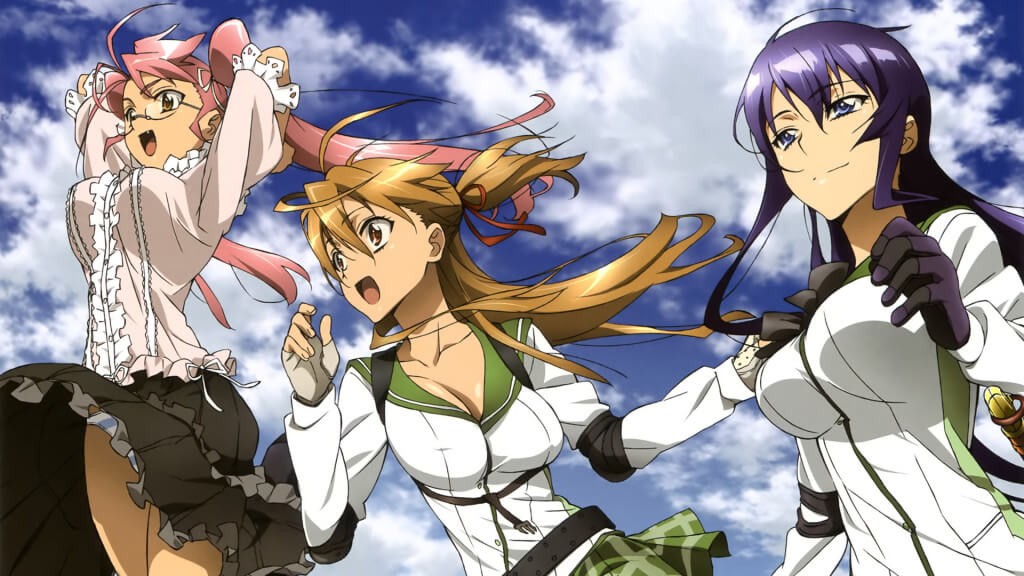
I was particularly drawn to it by the atmosphere of the show. There’s a certain vibe to it reminiscent of American slasher films like Nightmare on Elm Street or Friday 13th. The whole idea of a group of teenagers facing something way bigger and more powerful than them mixed with erotic elements is something that we don’t see very often nowadays. Let alone in anime and manga.
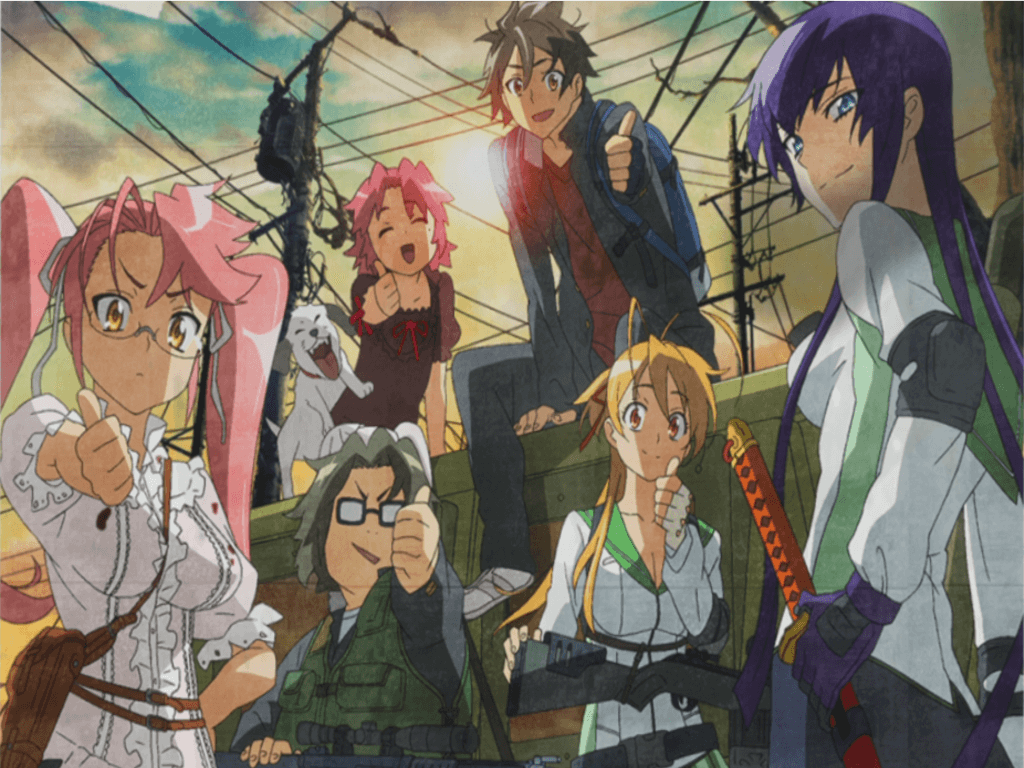
In between zombies and fan service, we follow a cast of spectacular characters. With the exception of the school’s nurse (who seems to be there simply because of her curves and usefulness to the group), the main cast is composed of complex and realistic characters. They are established as clichés in the beginning (the lone samurai, the nerd with obscure knowledge, the girl whose relationship with the main character is “complicated”…), but the series quickly adds layers and layers, making them more real, deep, and believable. We see their response to the outbreak from their very first contact with it, and witness their evolution as characters, and as heroes. It’s interesting to note that during the first part of the series, they had to use handmade weapons, practice swords and whatever they could find, to slowly “level up” until they end up with proper equipment. In the meantime, the group learns to work together slowly after understanding that the only way to survive is to be together. Of course, these are the main characters and they are heroes, but they find that sweet spot between “being a shonen hero 24/7” and “letting everyone else die”, managing to survive, but still being human. All of them interact nicely with each other as well as with the world that surrounds them, while still keeping their internal struggles. Some question whether their parents are alive or not, what caused the outbreak, or what are they supposed to do now. This is particularly interesting with Hirano’s character, arguably the one with the most ‘human’ reactions in the group.
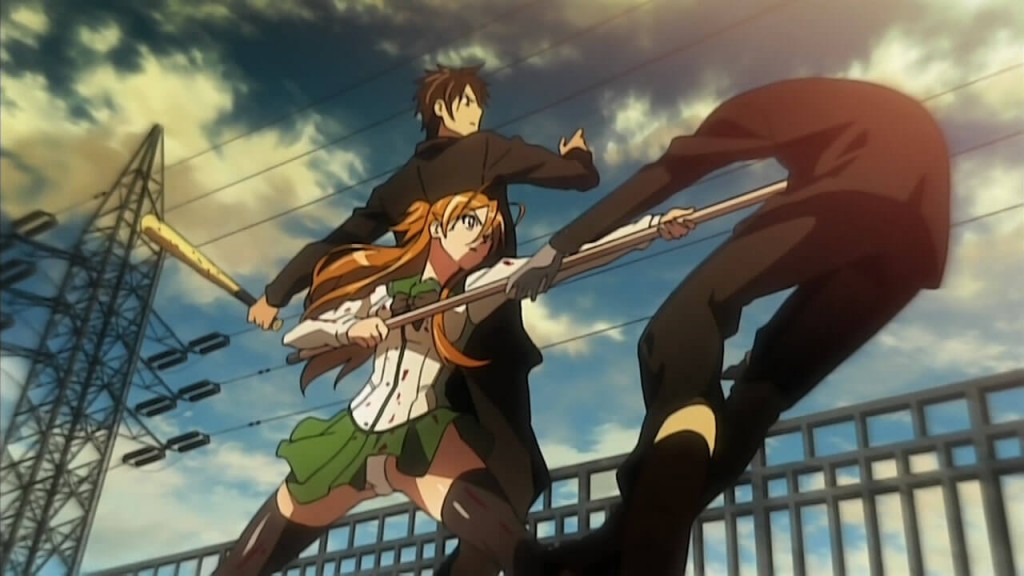
The settings are amazingly drawn both in the manga and the anime. They truly manage to capture the horror the author was trying to convey. Unlike in other zombie stories, the outbreak here feels dangerous. The characters avoid conflict and only battle when necessary. Being surrounded is a bad thing to let happen, and whenever possible, they try to be as silent as they can. That’s more than we usually see.
The narrative flows perfectly, and you’re never sure about what’s going to happen next. Besides their stop at a certain apartment, the travel route feels natural and intuitive. I was particularly impressed by this, because by the time I had my first contact with HotD, I was already getting tired of the whole “zombie apocalypse” thing, yet it managed to be a fresh addition to an overdone genre. Taking something everyone writes about and giving it your own twist is hard, and I praise the creators for that.
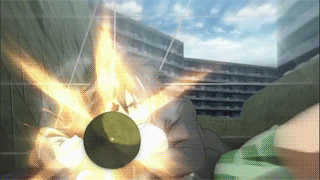
I find it hard to recommend this series. Don’t get me wrong, I really liked it! But it’s easy to see it as simple fan service, and yet another harem shonen with action scenes and hot schoolgirls. While it’s impossible to read or watch it and ignore the fan service (dude, there’s a 10 minute scene with four naked girls in a bathtub, 10 minutes), it truly deserves a spot among the best works of this genre, if only for trying a different approach to it. Try to read it keeping that in mind, and noticing the wonderful backgrounds, engaging atmosphere, and thinking about the differences between traditional western zombie stories and Highschool of the Dead.
Also, Darth Vader is Luke’s father. What?! I said this article would contain spoilers!
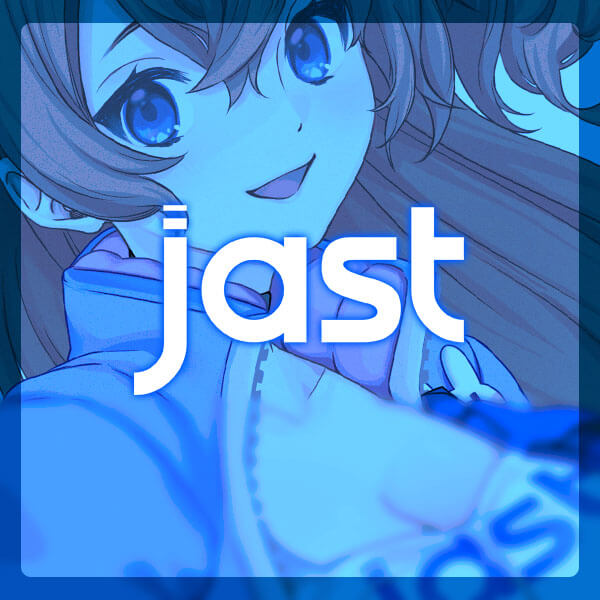
Featured Sponsor - JAST
The sweetest romance and the darkest corruption, the biggest titles and the indie darlings; for visual novels and eroge, there's nowhere better.
Big thank you to our supporters
From their continous support, we are able to pay our team for their time and hard work on the site.
We have a Thank-You page dedicated to those who help us continue the work that we’ve been doing.
See our thank you page